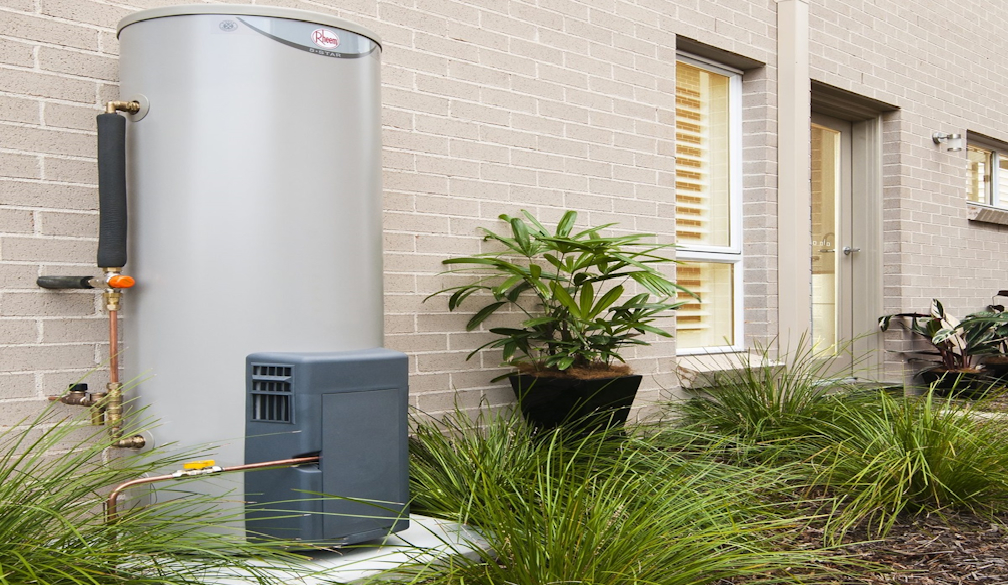How to grow your investment portfolio
- Written by News Company

If you’re serious about making money out of investing, rather than just enjoying it as a hobby, you need to be serious from the outset about building your portfolio. It’s always possible to get lucky with isolated investments but a well-structured portfolio will reduce your overall risks and maximise your gains, helping you to keep on investing and reinvesting over time so that you increase the overall value of your assets. This isn’t as tricky as it might sound. All you need to do is follow a few basic rules.
Establish your priorities
Before you start investing, make a plan. There’s no simple template for this because it needs to suit your individual aims and circumstances, but at its core it will reflect your priorities. Which of these things is most important?
-
* Keeping risk low
-
* Making money quickly
-
* Making a large amount of money
The answer to this question will help you decide what balance of assets is best for you and how you want to approach buying them. Setting clear rules for yourself around risk tolerance and how much you can afford to invest – or set aside for later investment – over any given time period. Sticking to these will help to keep you out of trouble.
Diversify asset types
Early on in your trading career you should familiarise yourself with the different asset types that are out there. Which ones you weight your portfolio towards will depend on your priorities. Commonwealth government securities, property and certain types of stocks tend to be low risk but take a long time to ripen. Other types of stocks or commodities can turn a profit for you very quickly but carry a higher risk. Once you start trading CFDs or forex you can make money within hours, but the risk is higher again. Smart investors mix it up and use CFDs and forex to hedge other investments.
Diversify geographically
Just as diversifying asset types can add to your stability, so can diversifying geographically across different states and countries. This means that it’s less likely that all your assets will be hit by an economic downturn at once. International investment carries its own risks – you’ll need to be able to make sure that what’s advertised is the real deal – but it can significantly add to your security, especially over the long term.
Factor in tax
The tax rules around investments are always changing so make sure you stay up to date. Because the government wants to encourage saving, you’ll find that you can defer some tax, or have it written off altogether when you put your money into certain investment types. There are also overseas schemes to encourage you to invest in particular countries. Do your research and you can significantly reduce what you have to pay on dividends or asset sales.
It takes time to get really good at building up a portfolio, but you don’t need to invest every day to do it so take your time, use your head and you’ll soon see your overall investment capital start to grow.




